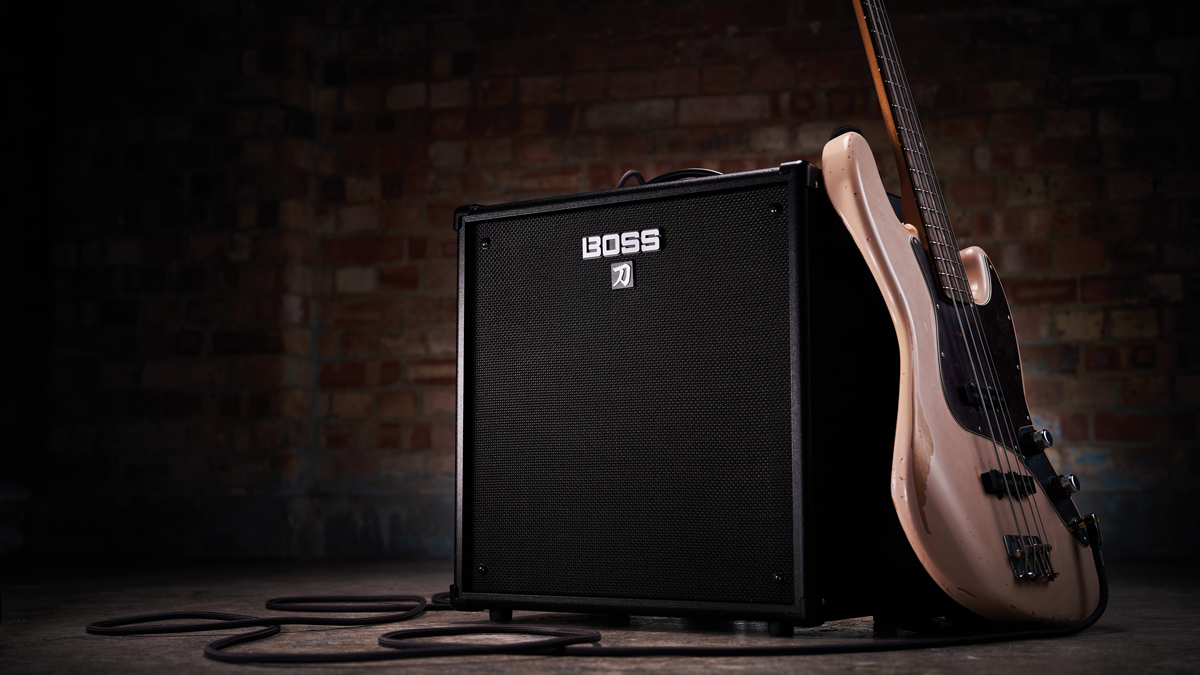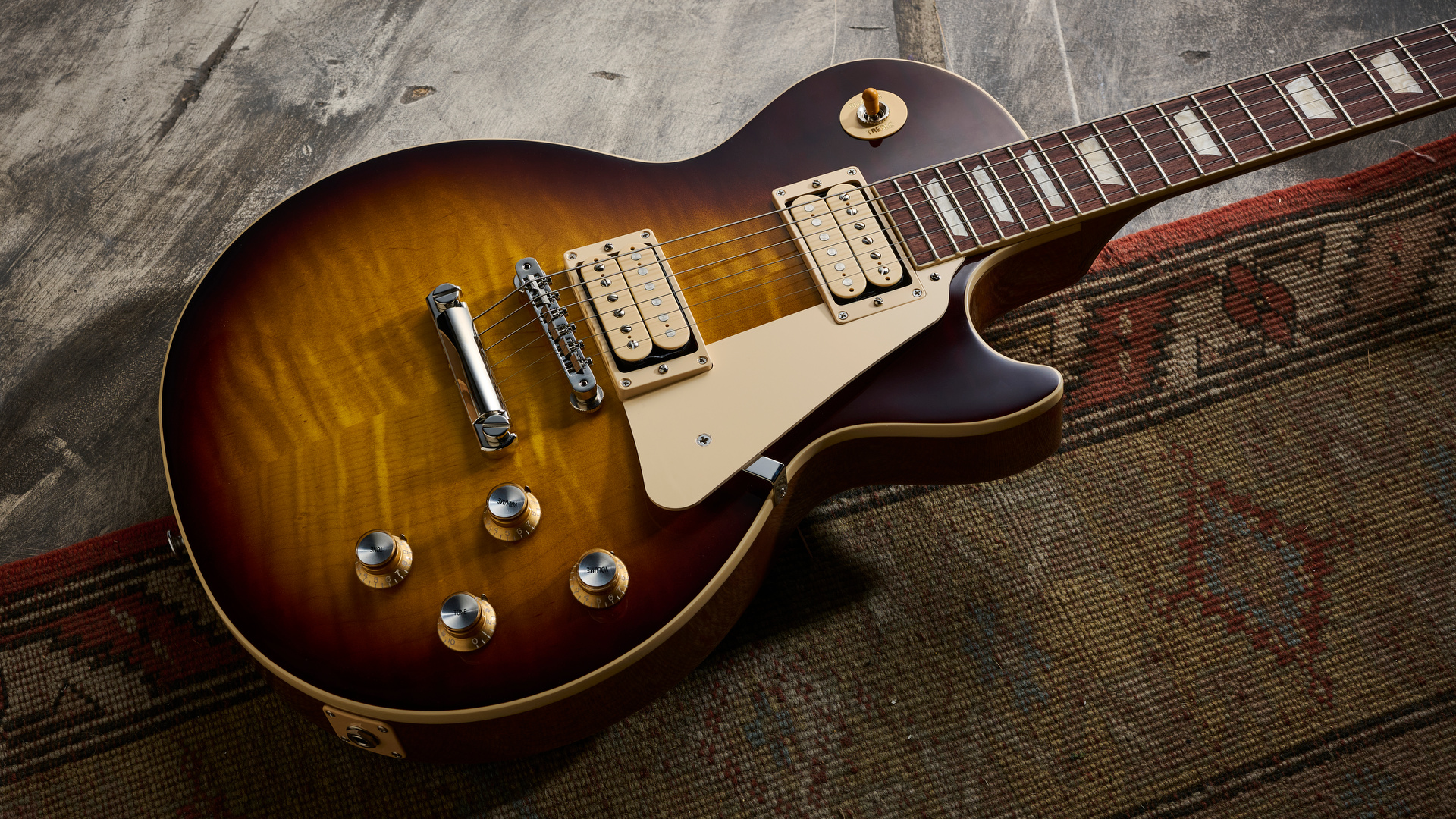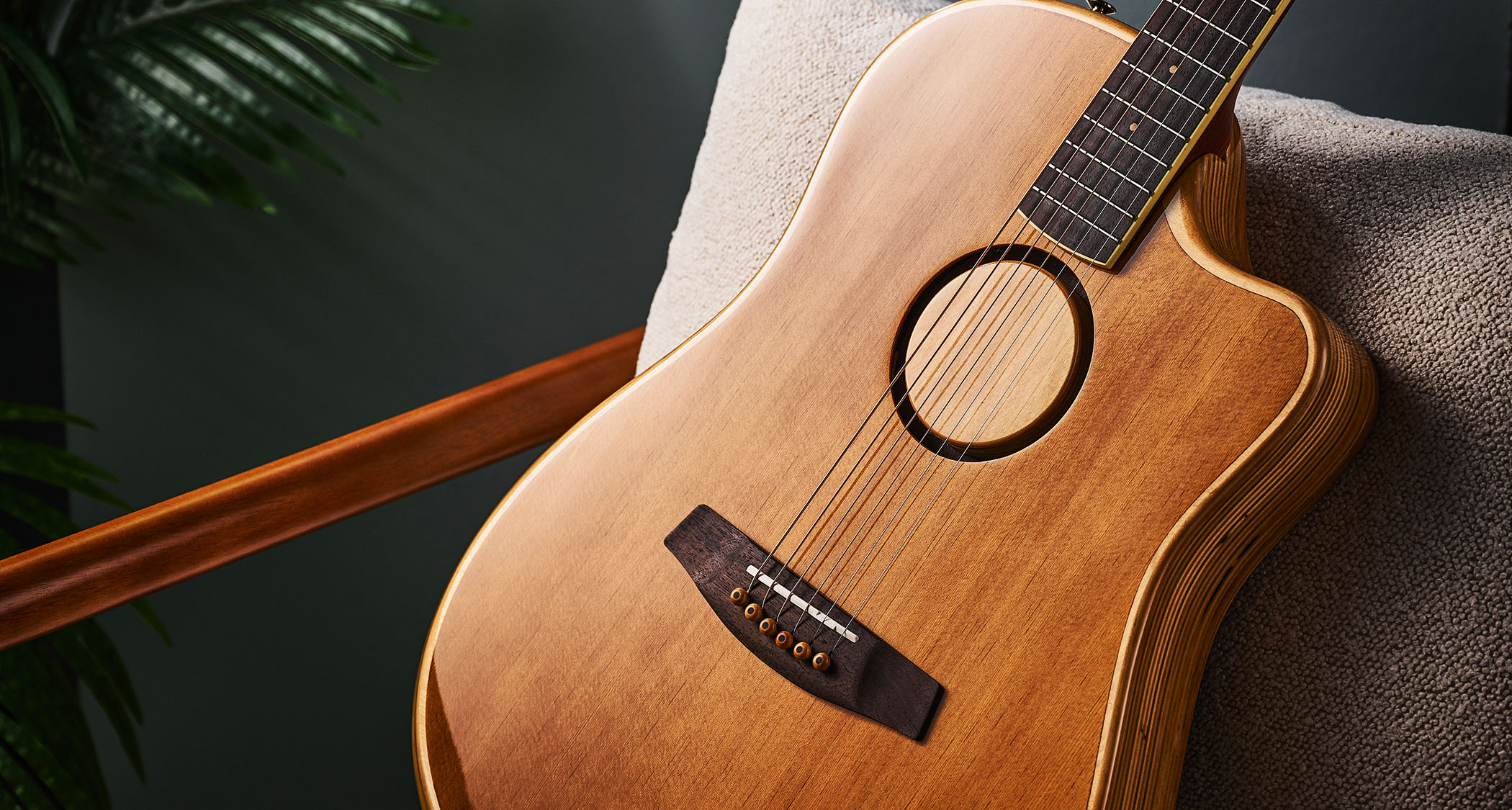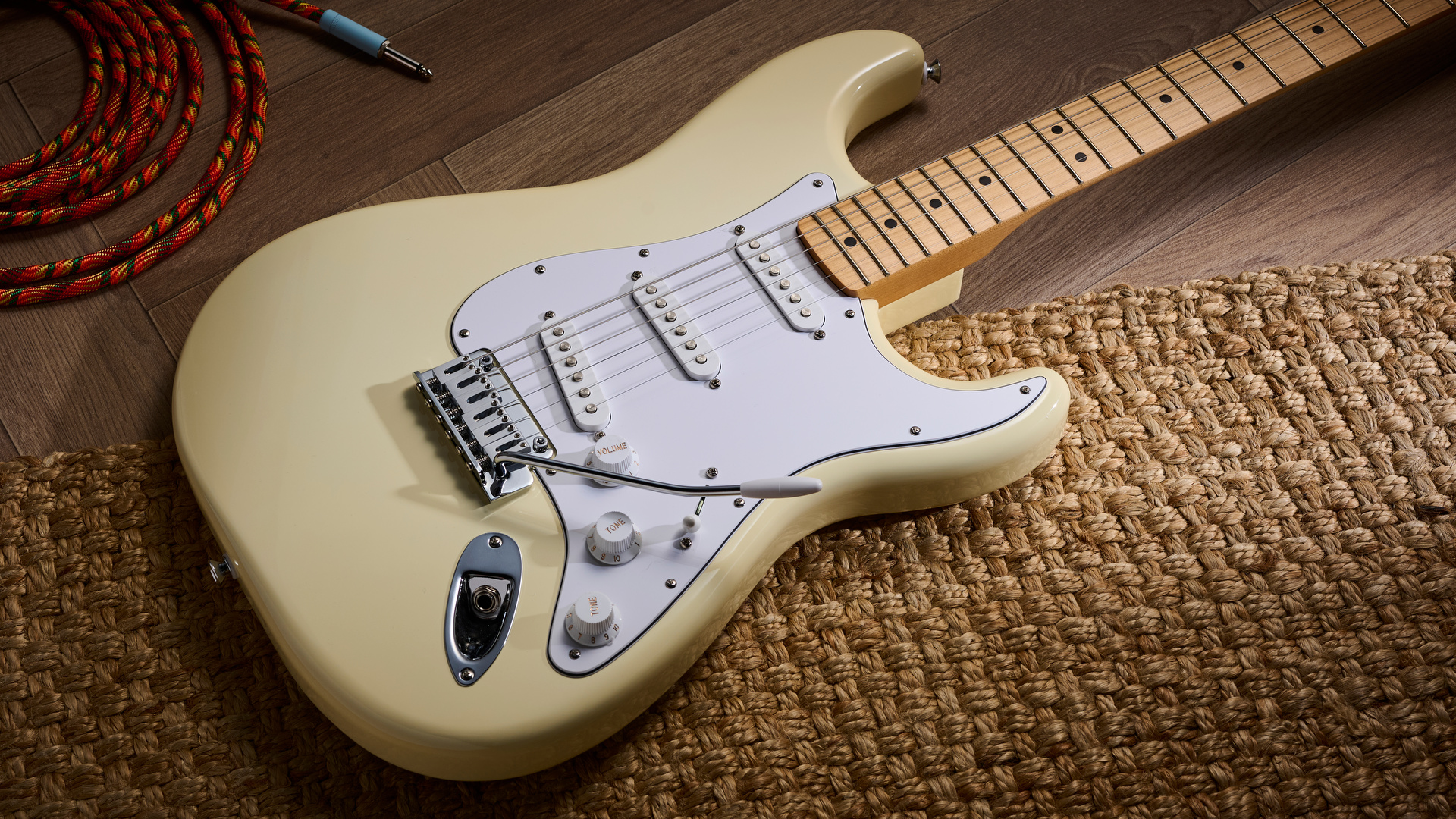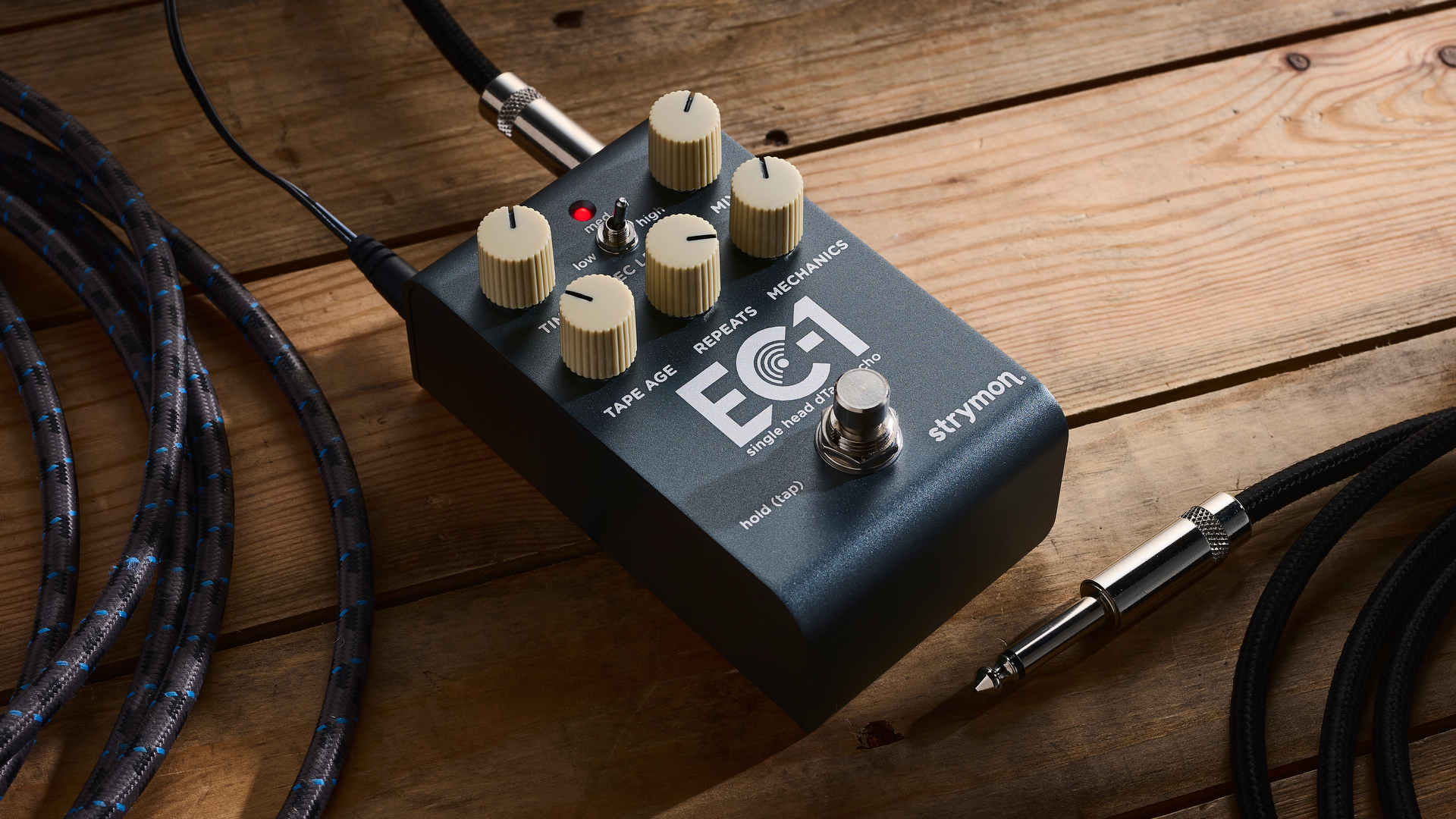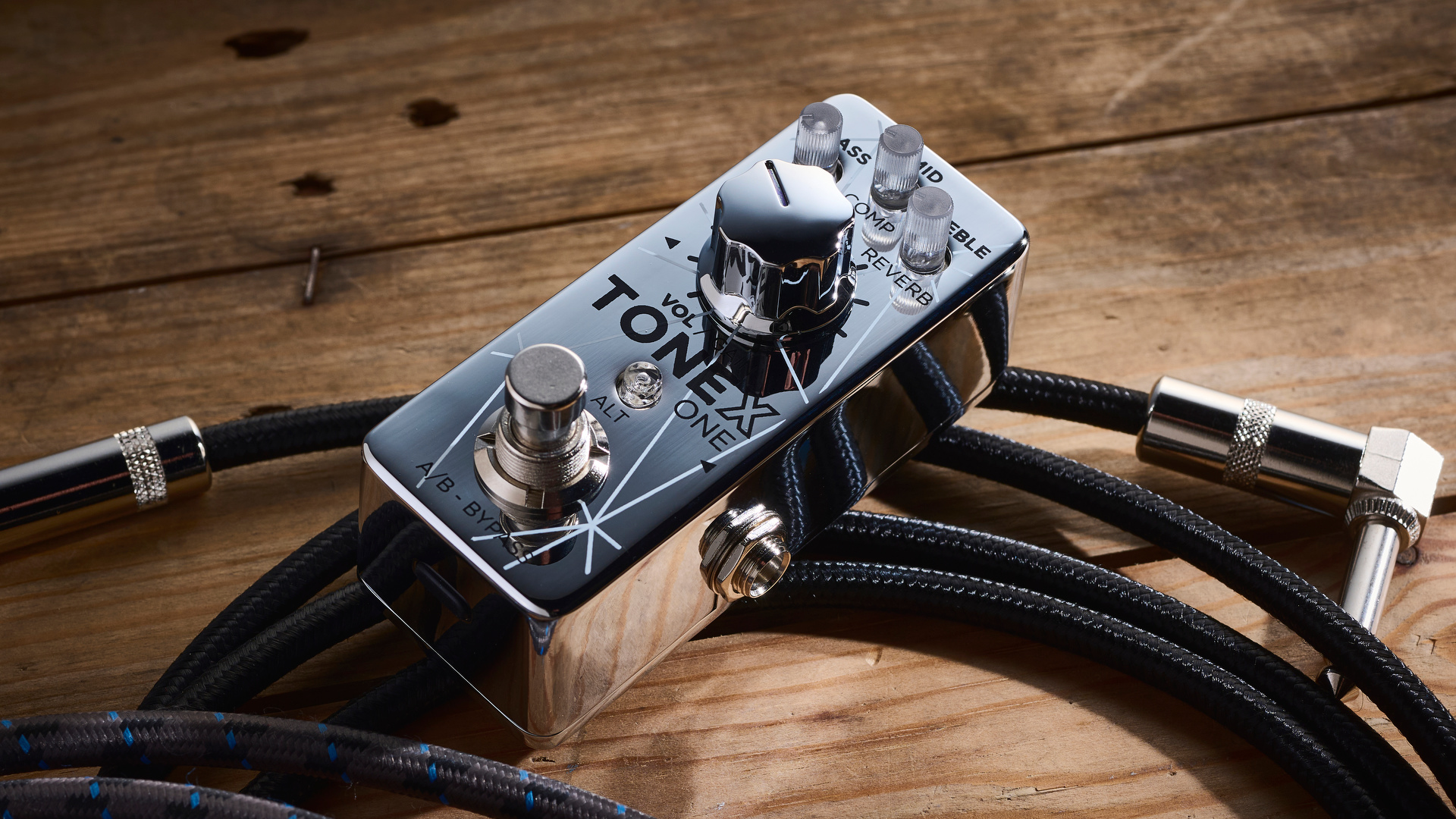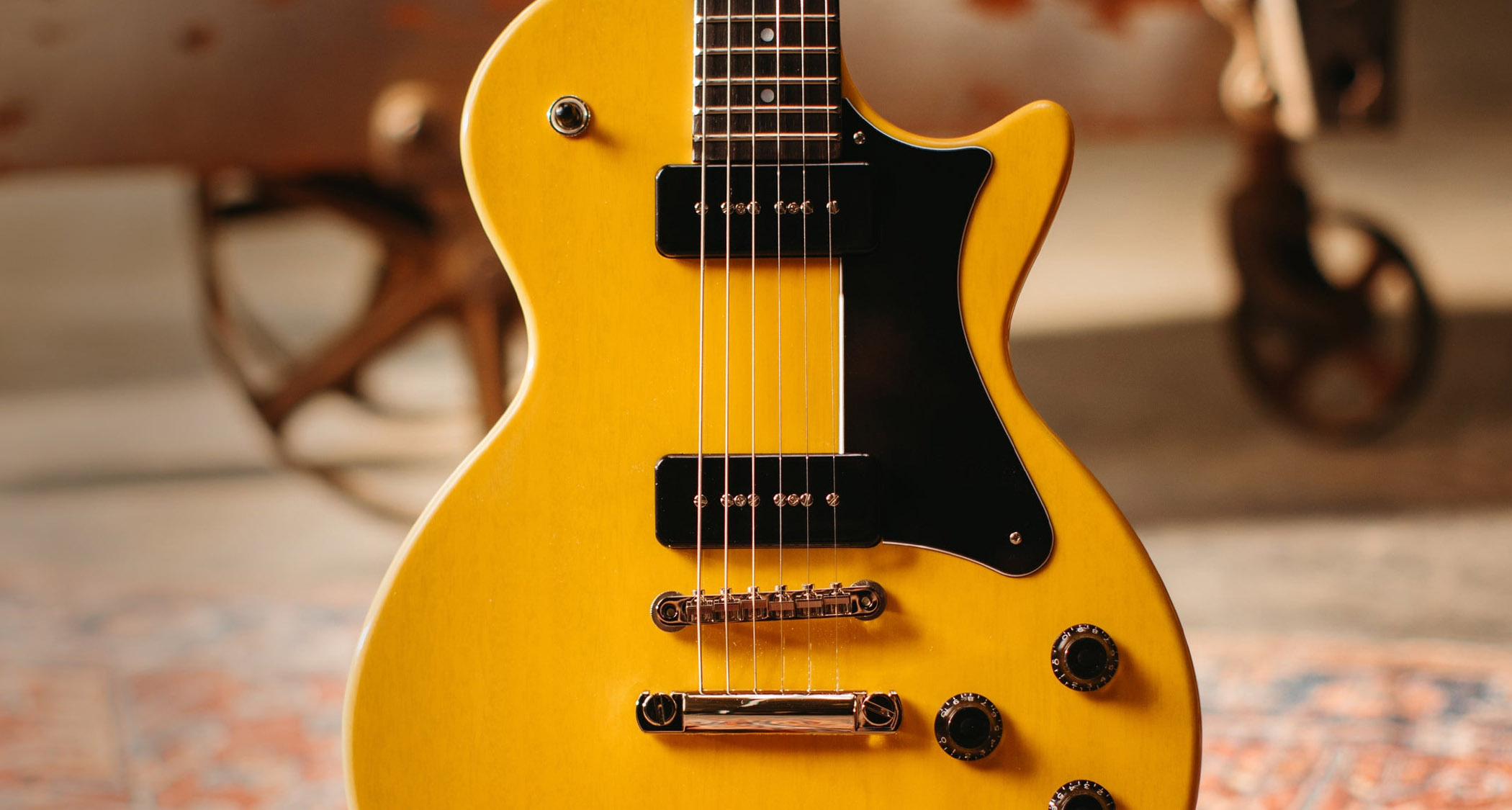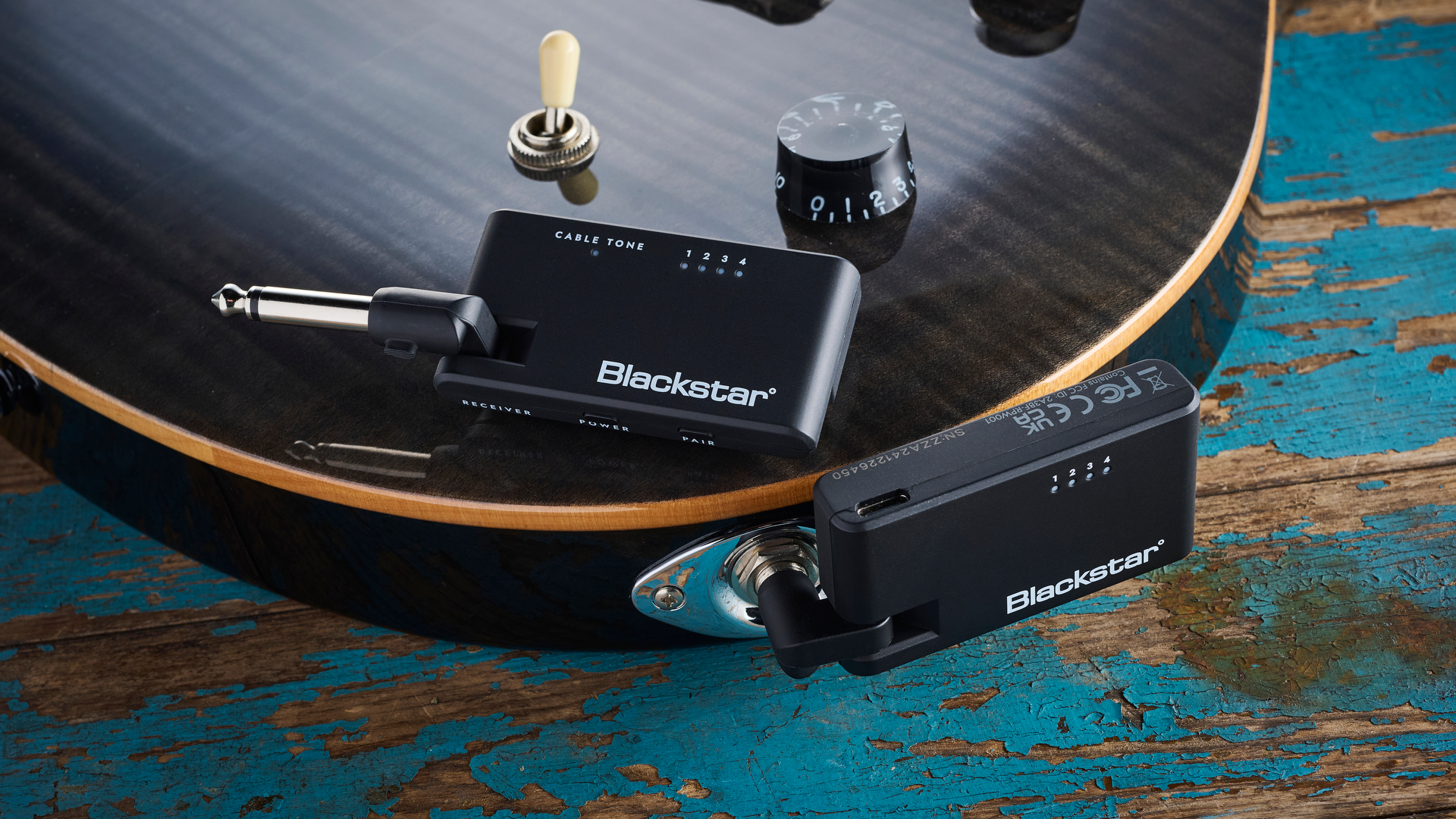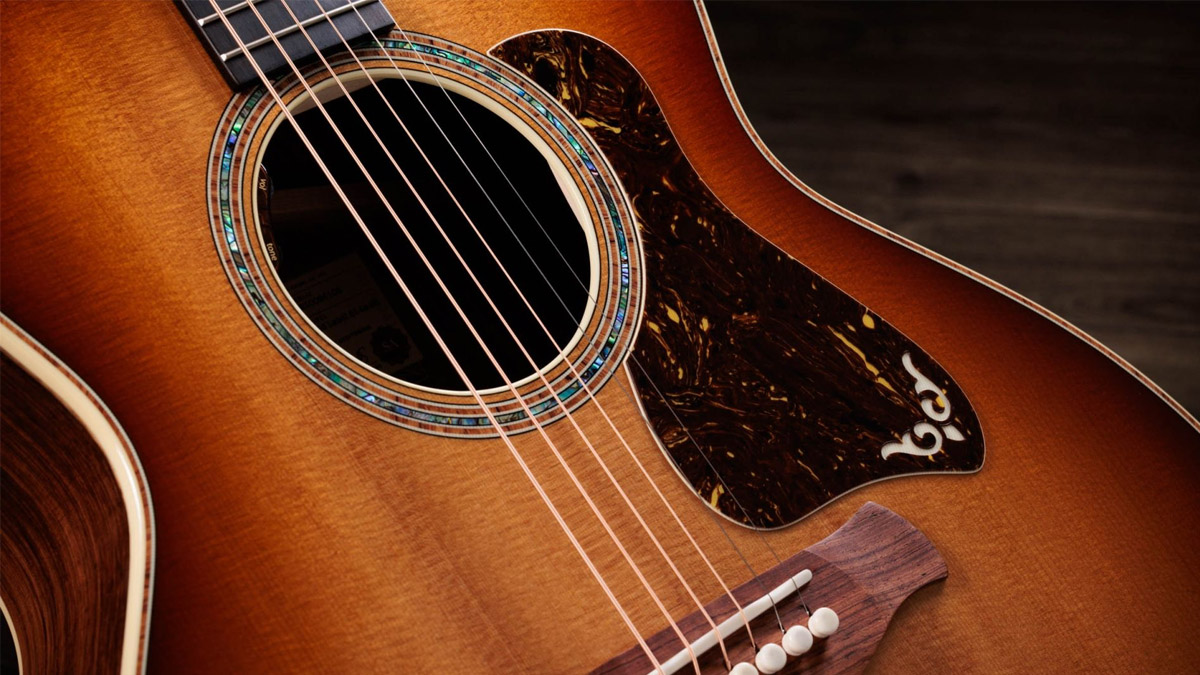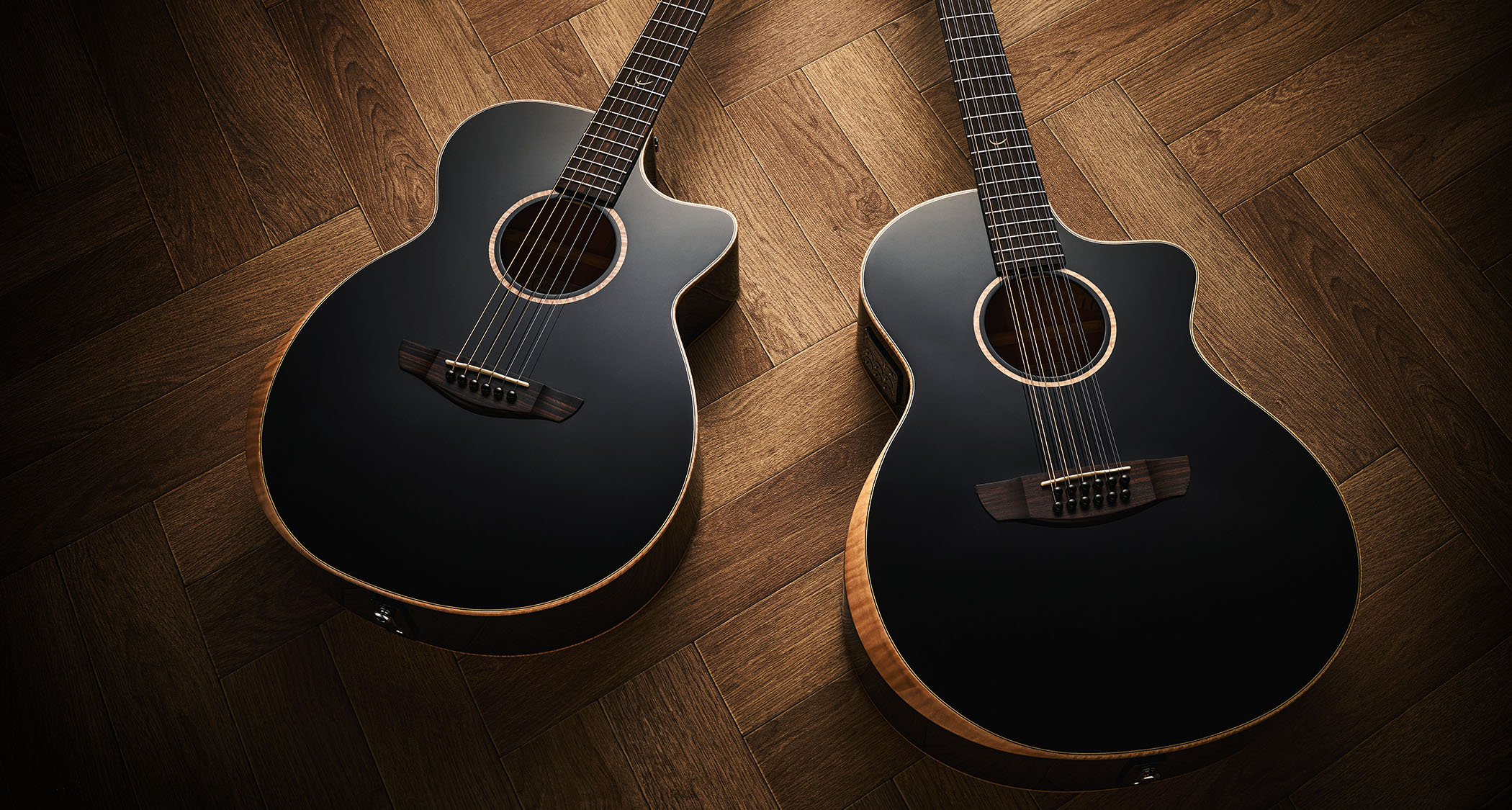Guitar World Verdict
You’re getting an impressive array of sounds for your money with this amplifier, and as such, it’s highly recommended.
Pros
- +
All-in-one solution for home recording, rehearsing and small gigs.
- +
Broad array of effects.
- +
Flexible connectivity and updatability.
Cons
- -
Limited coverage on gigs without PA/monitoring backup.
- -
Not as much control over effects as with standalone pedals.
You can trust Guitar World
Boss’s Katana amp range has given guitarists the ability to combine impressive amplification with some of their favorite Boss effects and sounds, and with the extra ability to tailor those sounds via downloadable software, all at an affordable price. A bass-specific version has been long awaited by lovers of the low-end, and we’ve got the 1x10” version of the new combos for review.
The Katana-110 Bass is a 60W combo bass amp with a 10-inch woofer and a tweeter, which deliver a wealth of tones via three preamp types – Vintage, Flat and Modern – and a bevy of onboard effects. A 160W 2x10 version, the Katana-210 Bass, is also available.




Build Quality
In terms of looks and construction, black is certainly the order of the day: this unit is covered in a solid, rippled finish and comes fitted with moulded plastic corner protectors, a solid plastic carry handle on the top of the unit and a cloth grille to protect the speaker and tweeter. The black plastic controls are set against a silver control panel and the controls are recessed so they’re unlikely to be damaged on gigs.
As a 1x10-equipped combo, this particular unit is aimed at home, studio and rehearsal use, although it will be usable on small gigs if it isn’t battling a wall of sound, if there is suitable PA and monitor reinforcement, and if you’re using in-ear monitors, of course.
Check out the rear connection panel for the extensive options available to bassists: there’s a balanced XLR output with direct, pre or post signals, a headphones/recording output with mic'd cab emulation, Bluetooth connection for device playback through an adaptor (sold separately), and a 3.5mm aux In socket.
There’s also a USB connection for tailoring of effects and tones, as well as downloading new patches and effects as they’re developed, and also connections for footswitches and expression pedals. A GA-FC footswitch was provided for the purpose of this review.
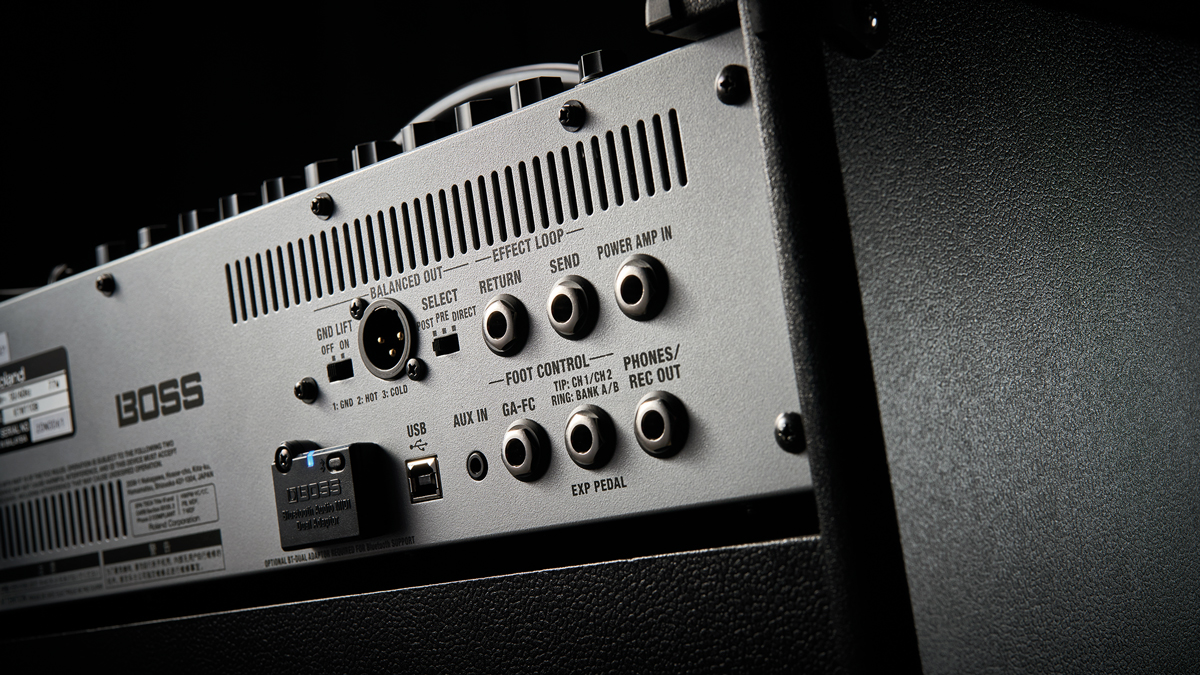
Sounds
Armed with a selection of basses, I found that the flat EQ-ed combo has a strong delivery. The EQ is extensive, with low and high-mid frequency selections available, while bringing the tweeter into play also extends the available array of tones.
Setting up a basic sound and tone for any bass is relatively easy, so if you choose to audition the KTN-110 as a working amp and use the effects sparingly, you’ll be impressed with its basic operation as a bass combo. Its dimensions and weight mean that it’s portable and easily transportable.
The FX list includes several types of compression, distortion and overdrive –accessible via the Input EFX controls on the left of the control panel – followed by delay, reverb and echo, T-wah, octaver, chorus, phaser and bass synth among others, courtesy of the Effects section on the right.
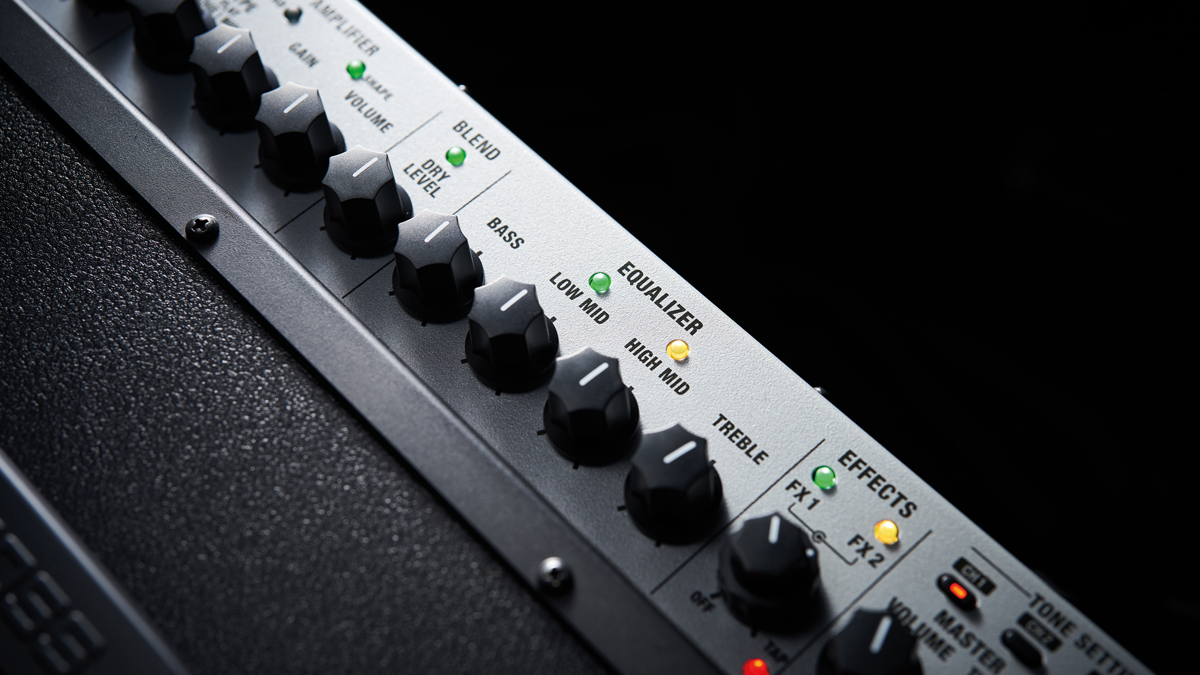
Using green, red and orange LEDs to indicate your selections, the effects parameters are selected using a pair of dial controls. Each LED color represents a pair of effect banks, which can be selected independently.
Once you have the combinations you require, these can be saved to one of three channels for easy call-up at the press of a button. I found using and storing the effects very intuitive, so if you like a minimum of fuss in this area, you will be a happy bassist.
The effects list is certainly representative of the most popular sounds that most bassists might call upon, and the Dry/Blend control is a godsend when applying them.
Of course, your ability to tailor each effect is less wide-ranging than it would be with individual pedals, but that’s the obvious compromise of having all of these options packaged into one unit. The upside is that you only have to transport one box – so if you’re new to effects, this combo may just be the perfect introduction.
As the combo isn’t aimed at players of a specific musical genre, its appeal across the musical spectrum is apparent. The future-proofing possibilities provided by the Boss Tone Central software, and the recording possibilities courtesy of the USB connection, would suggest that it’s unlikely to become redundant.
Conclusion
I’m impressed by the combo’s ease of use and the quick response of the controls, which allow many different sounds to be created quickly and effectively.
The quality of the unit is impressive for the price: I can see many bass players looking at this combo, and its 160-watt sibling, as a very useful means to an end.
Specs
- Price: $399
- Made in: Malaysia
- Power: 60 watts @ 8 ohms
- Speakers: 1x10” driver , tweeter
- Features: Input EFX (comp/drive controls and switches), amp type (vintage/flat/modern), pad switch, gain, shape switch, volume, dry level, blend switch, bass, low mid + frequency switch, high mid + frequency switch, treble, FX1/FX2 controls and switches, tap switch, master volume, tweeter on/off switch, CH1/CH2/CH3/Panel switches, power control (standby/1W/max), power switch
- Connections: 1/4” input, balanced DI XLR out with ground lift switch and post/pre/direct switch, FX loop, power amp input, headphone/record out, footswitch/expression pedal inputs, 3.5mm auxiliary in socket, USB port, Bluetooth Audio MIDI Dual adaptor socket
- Dimensions: 19.48” (H) x 18.50” (W) x 11.81” (D)
- Weight: 48 lbs
- More info: Boss
- Save cash with one of the best budget bass amps
